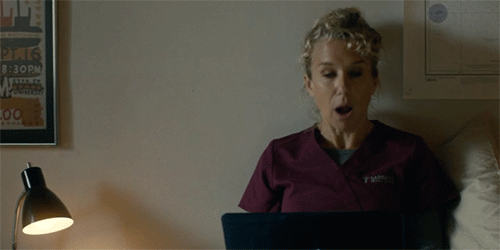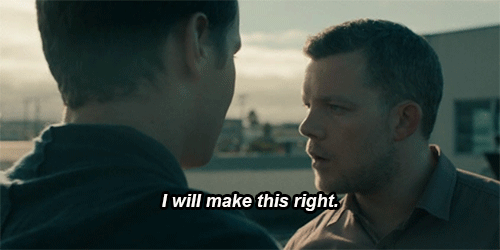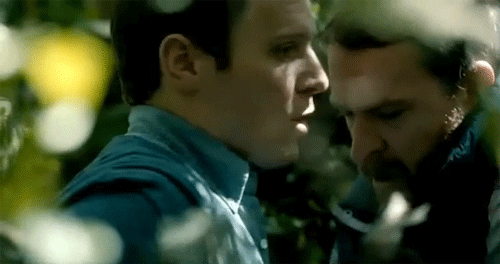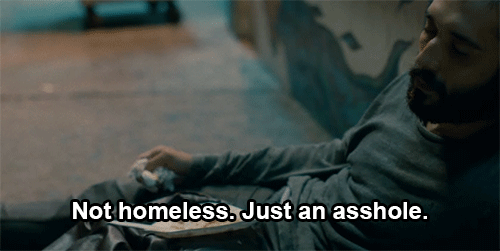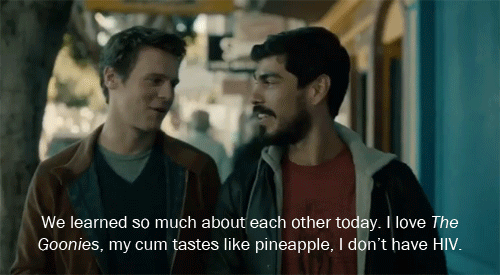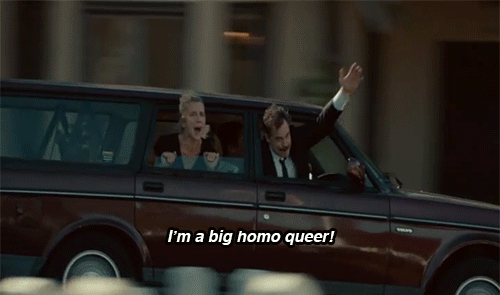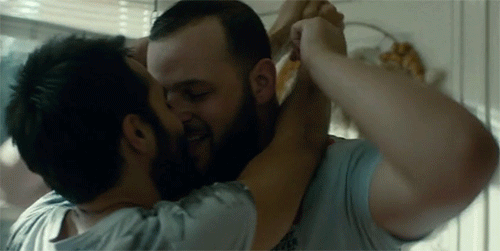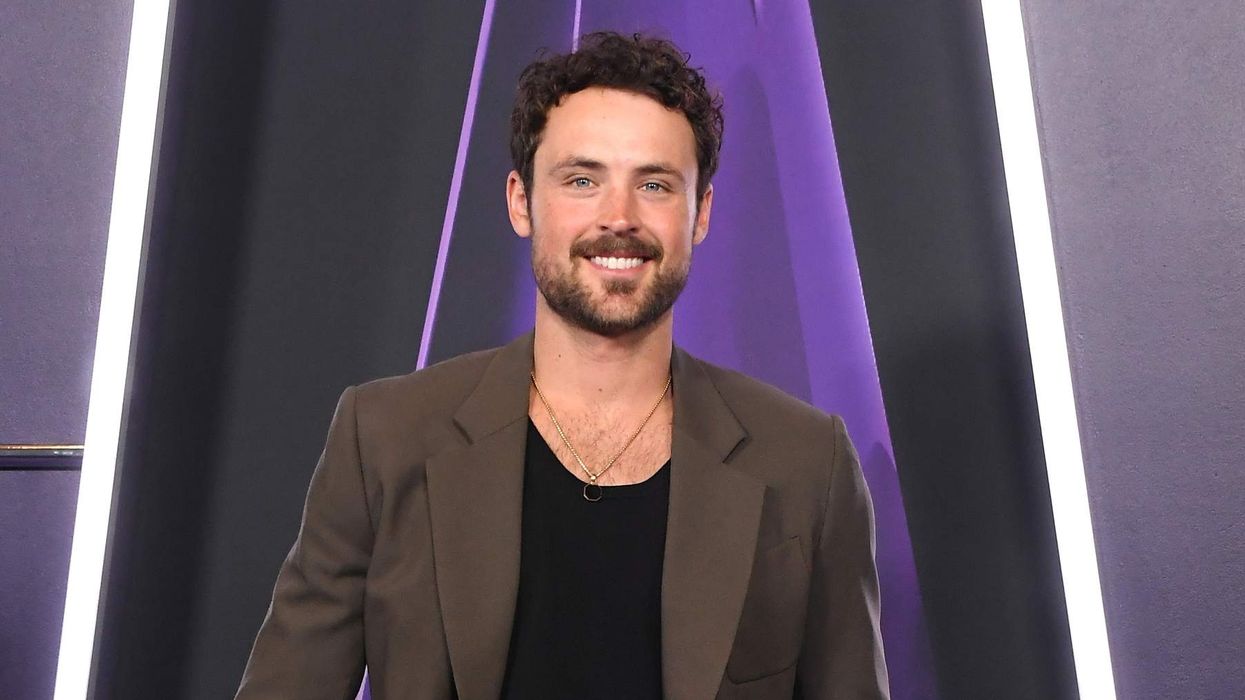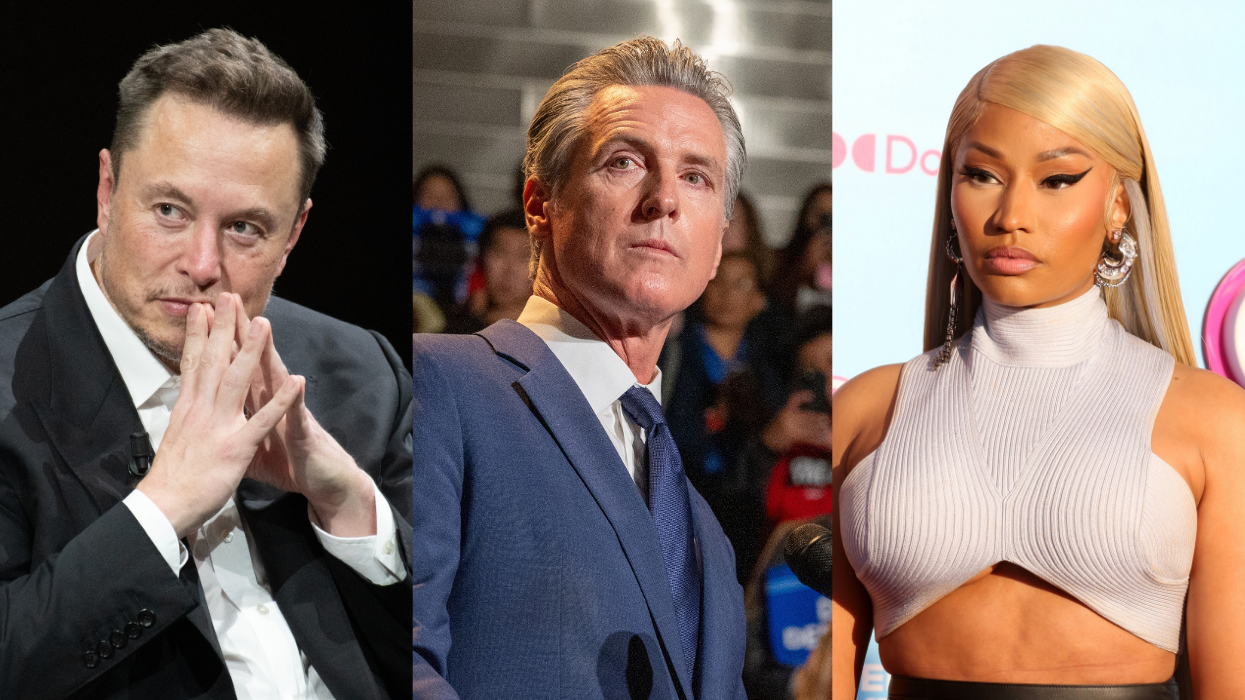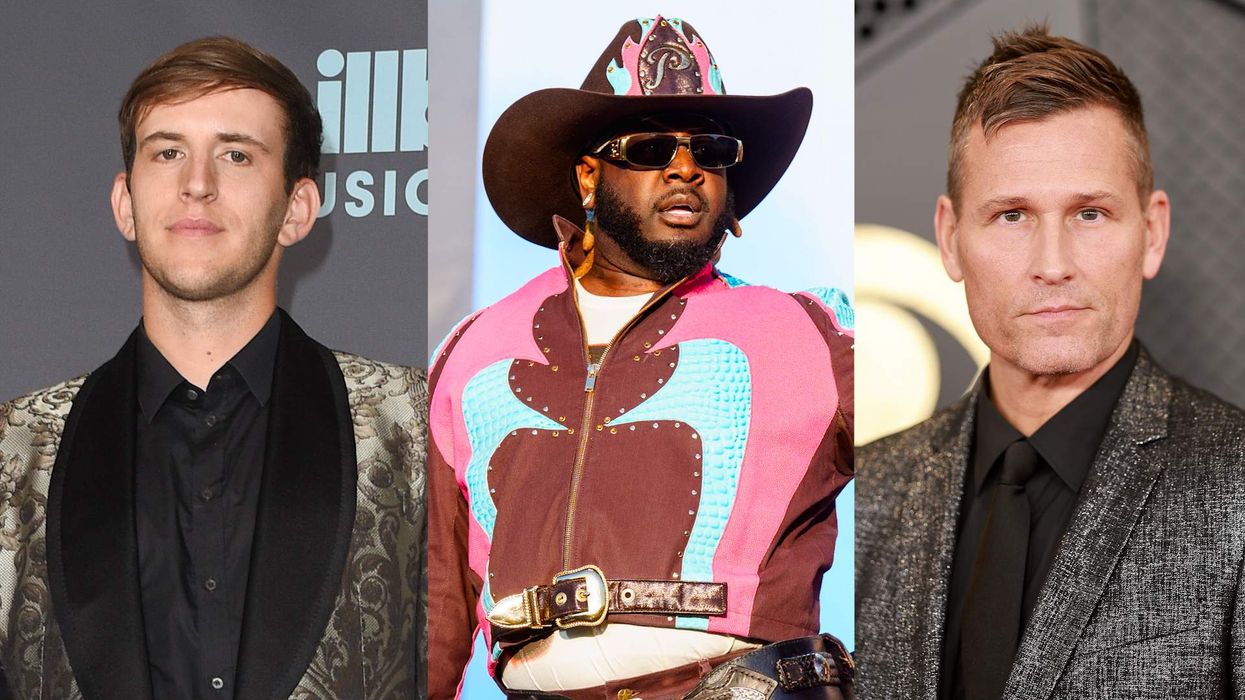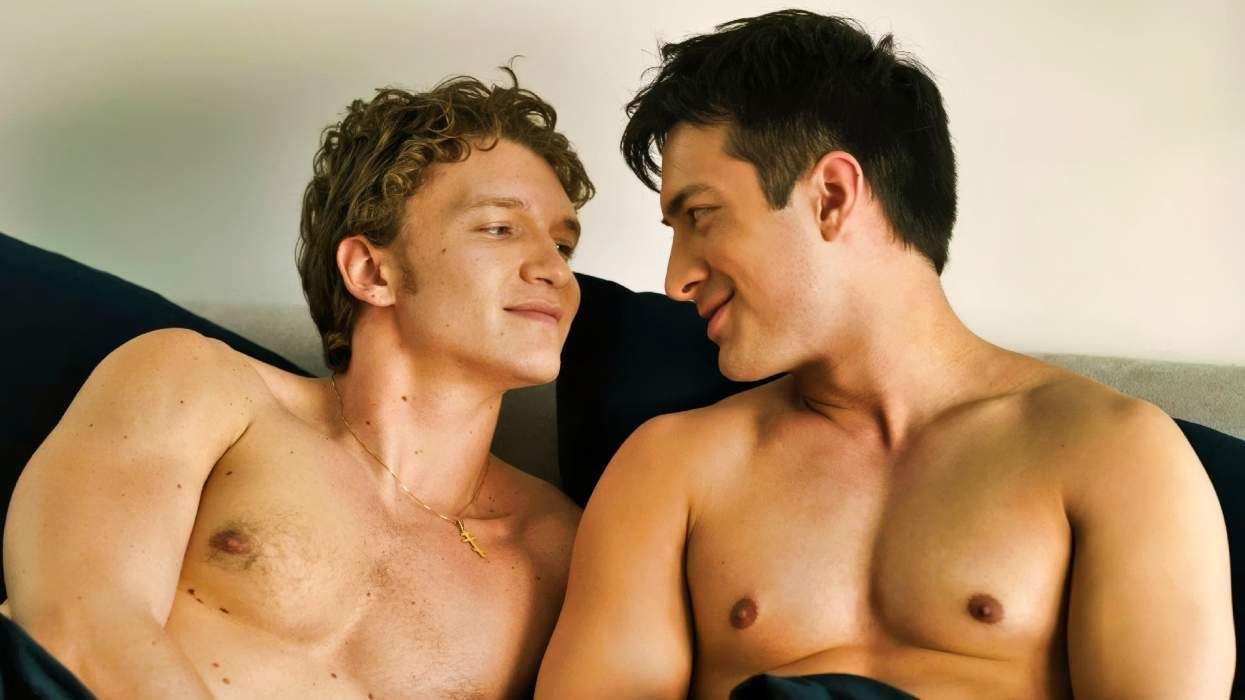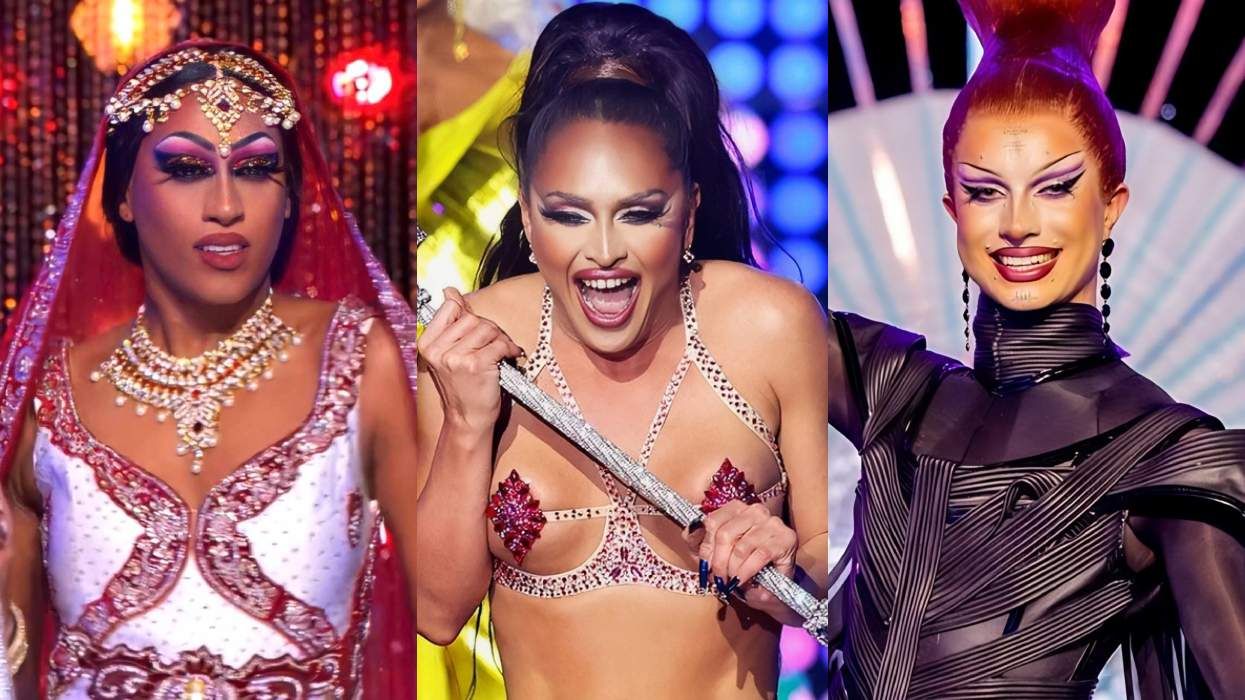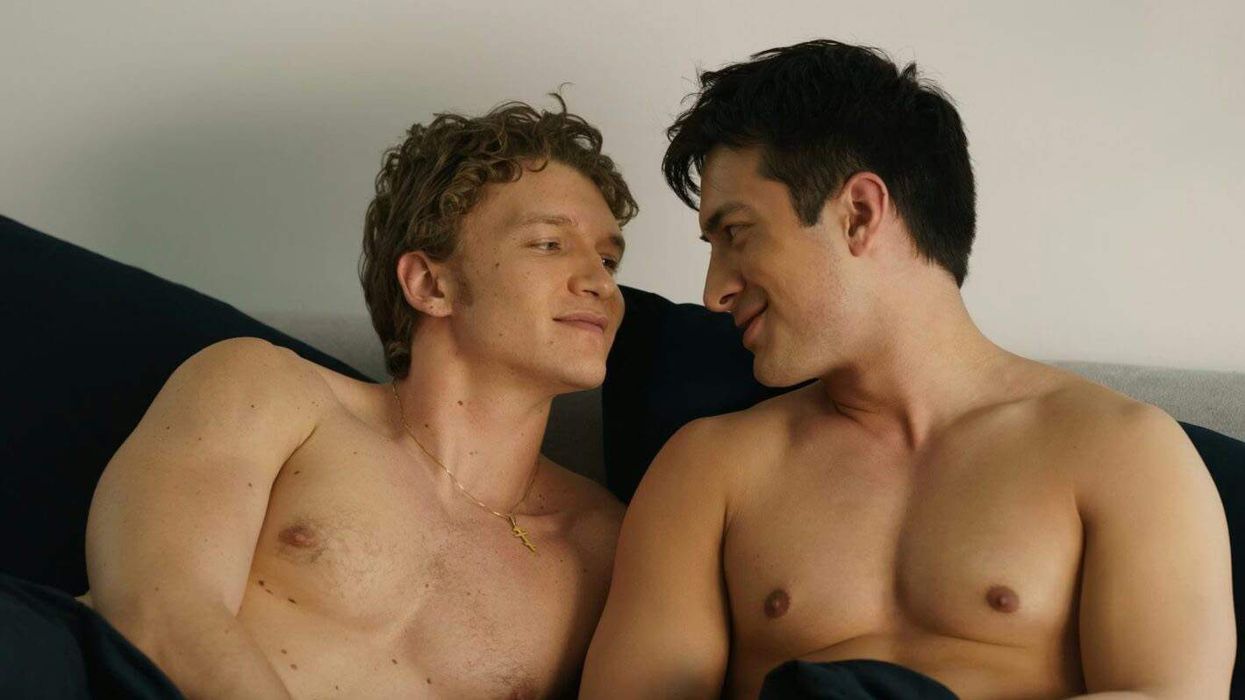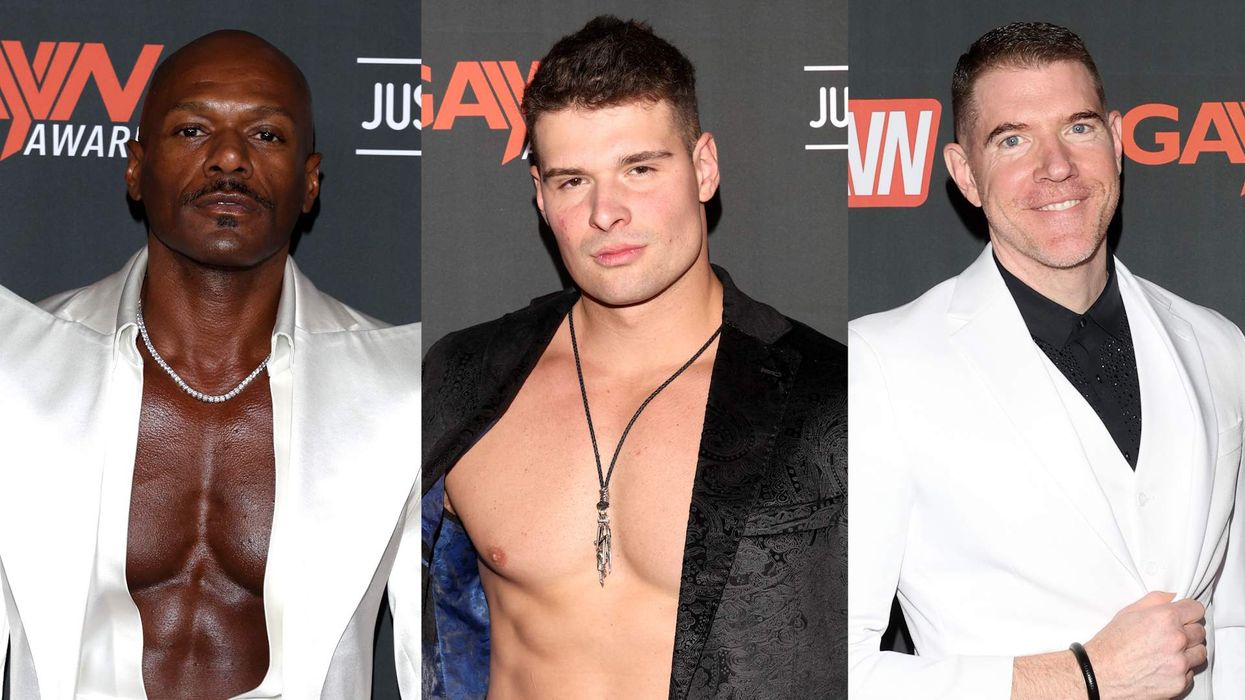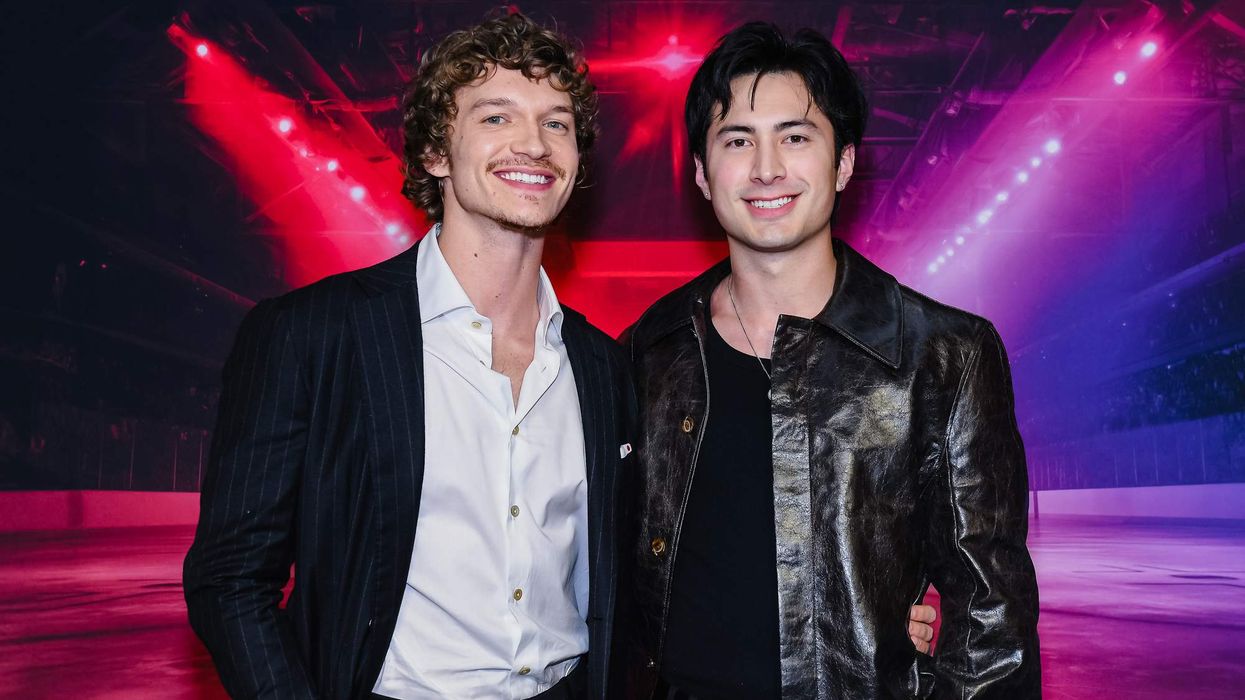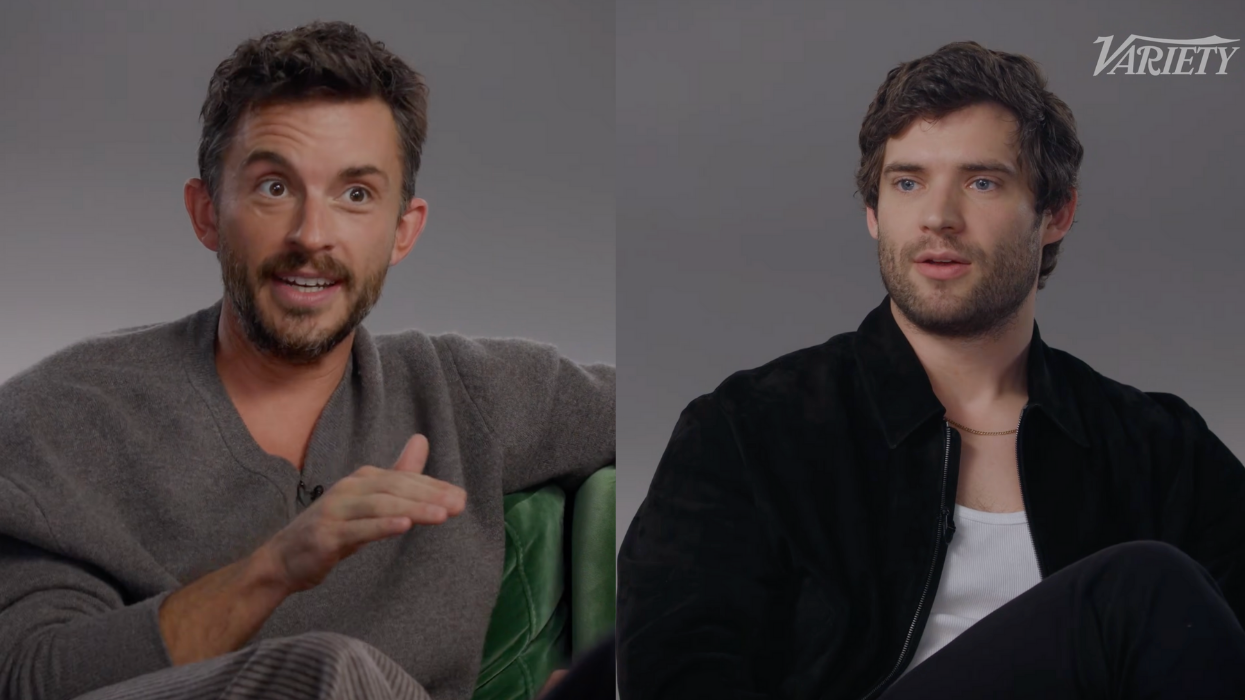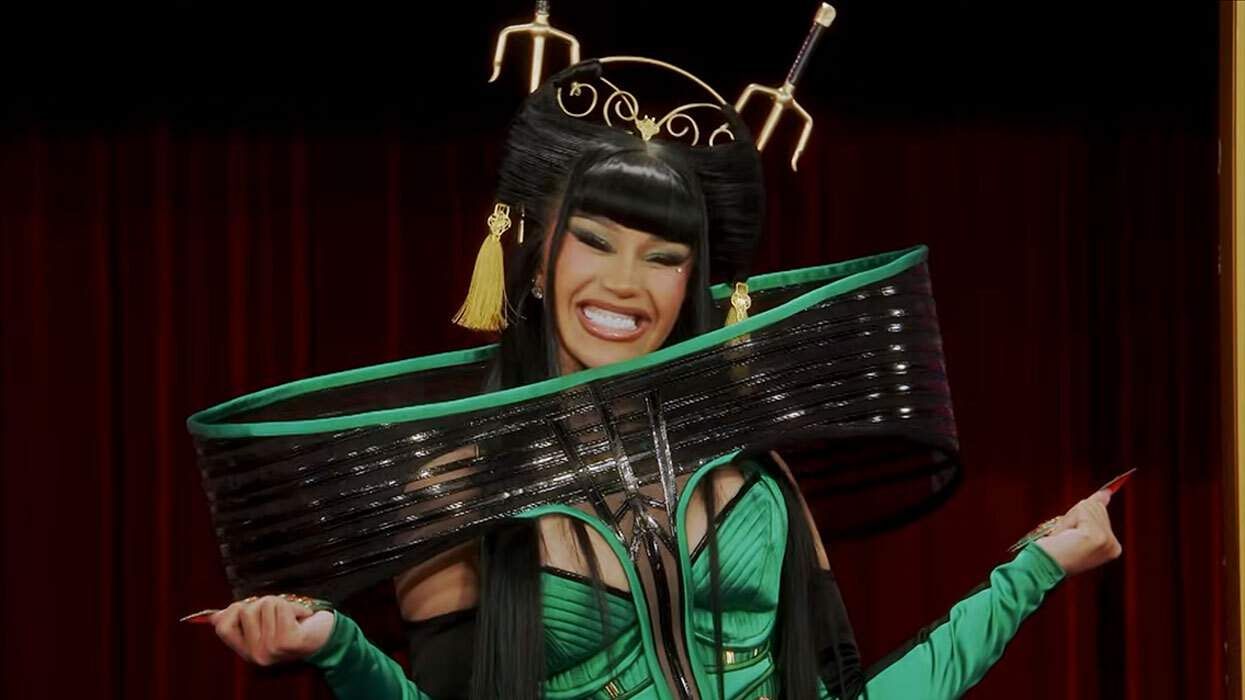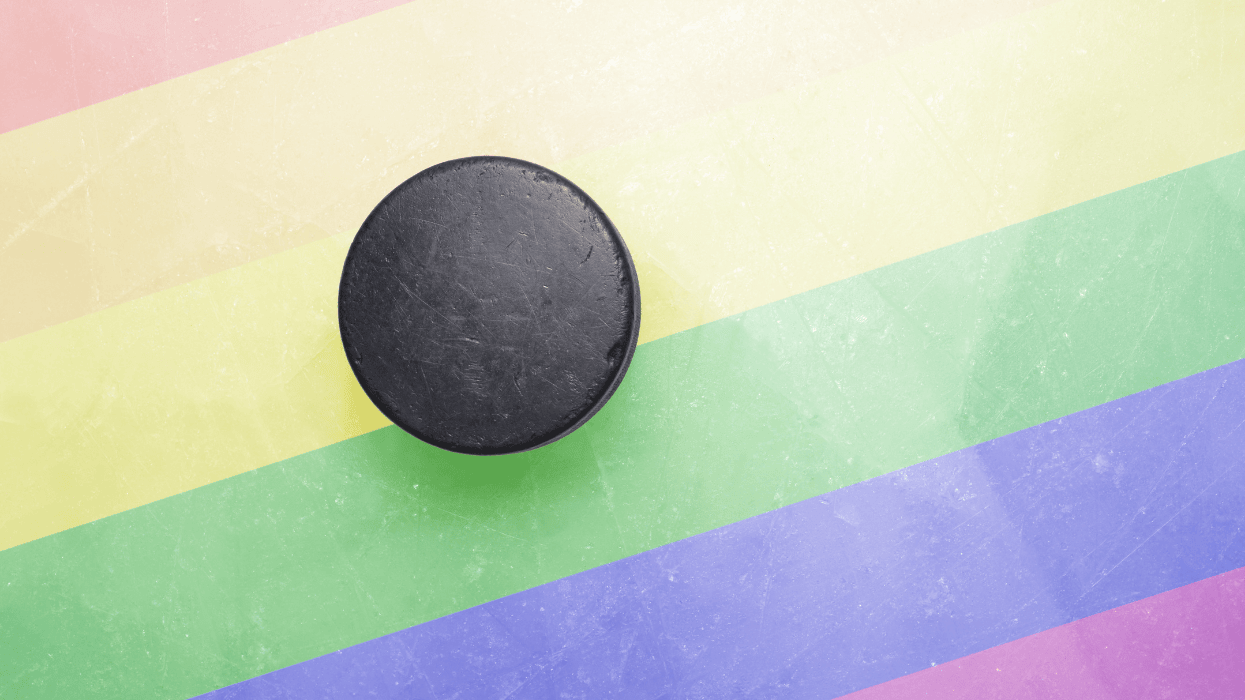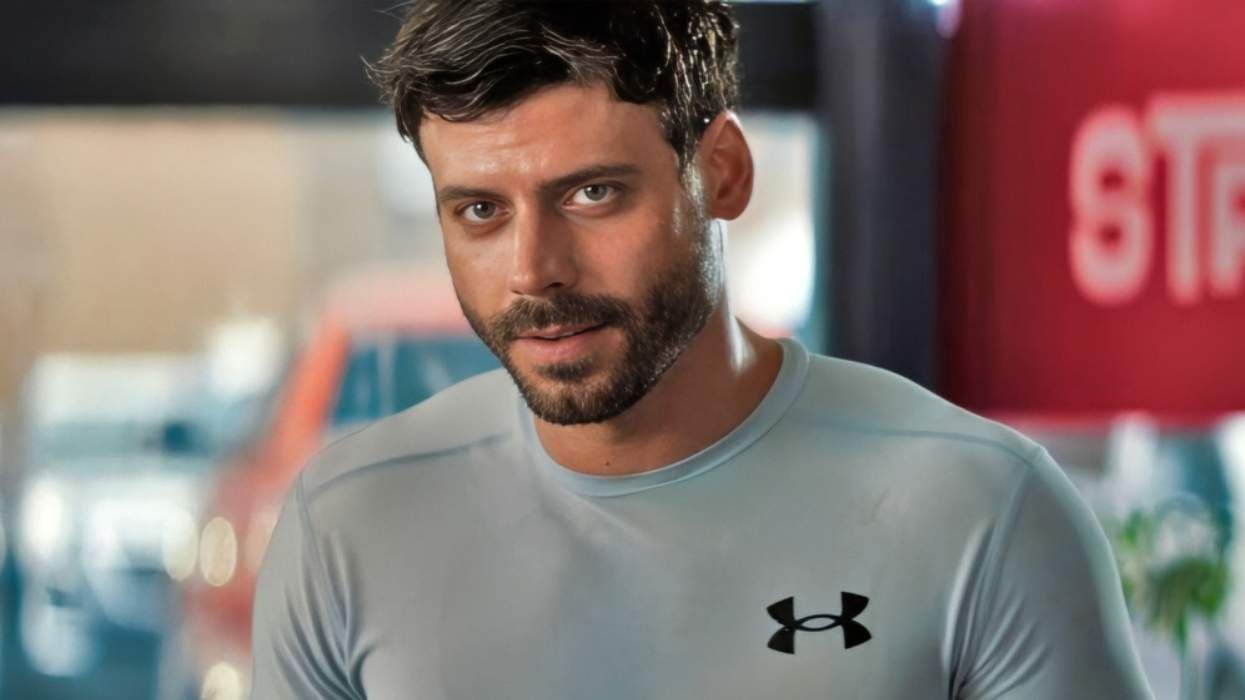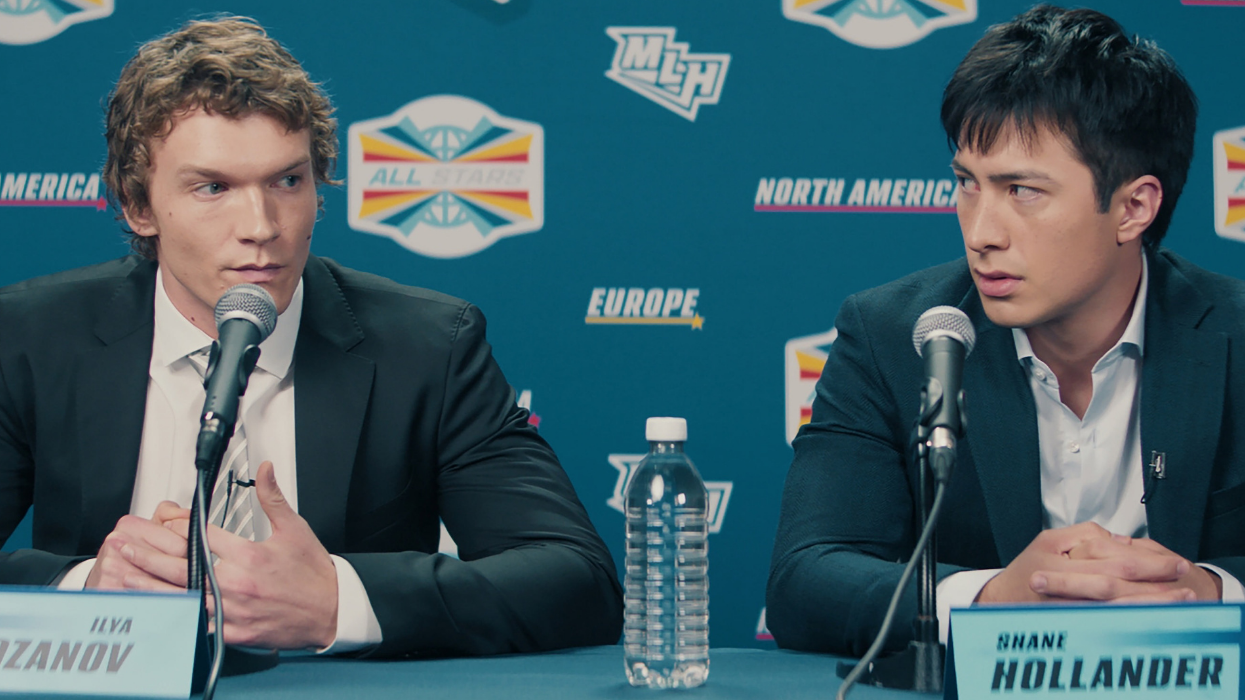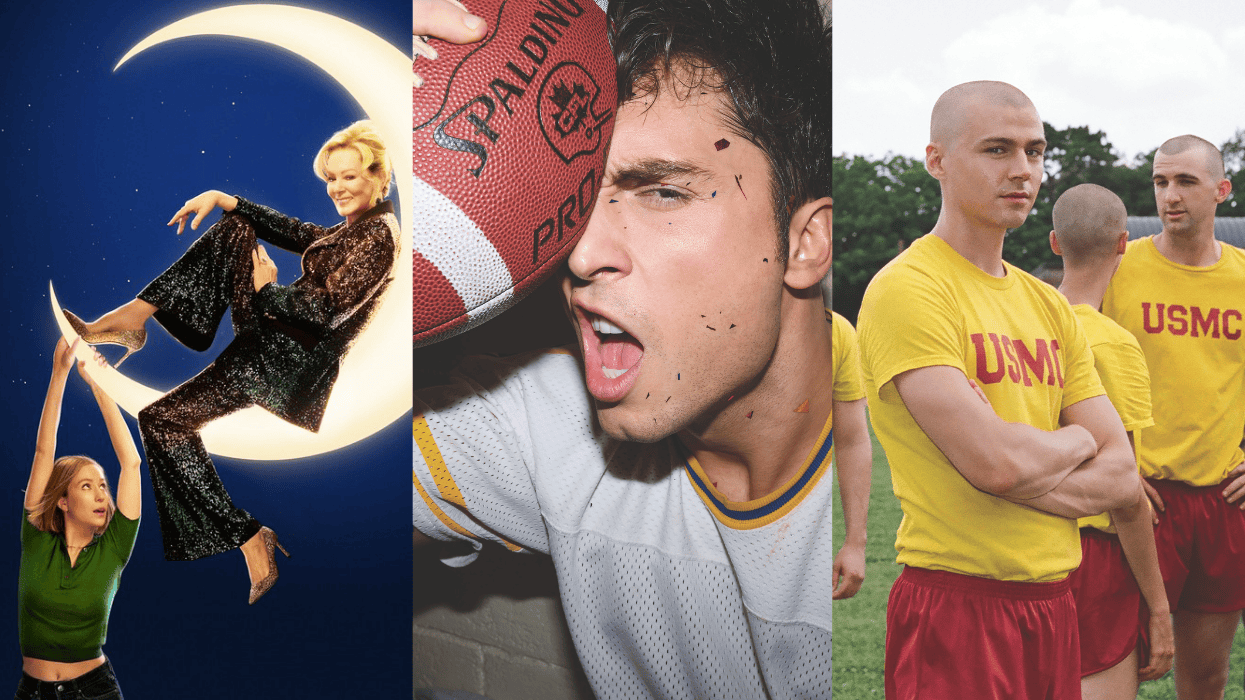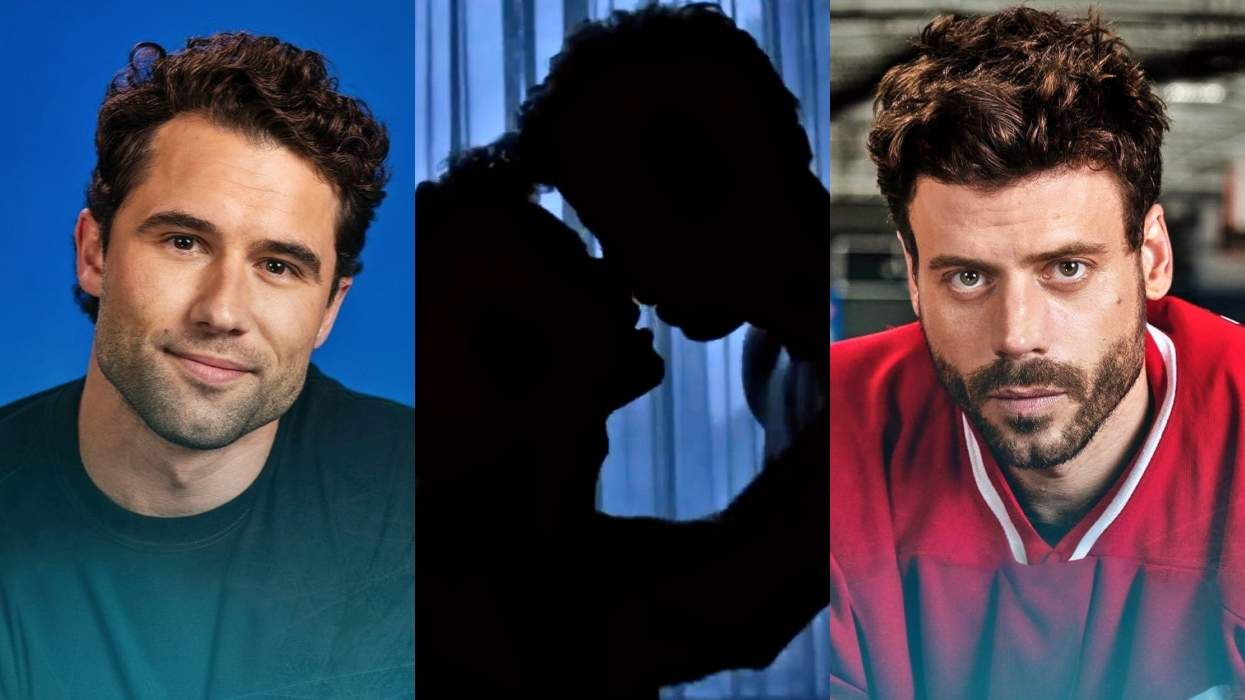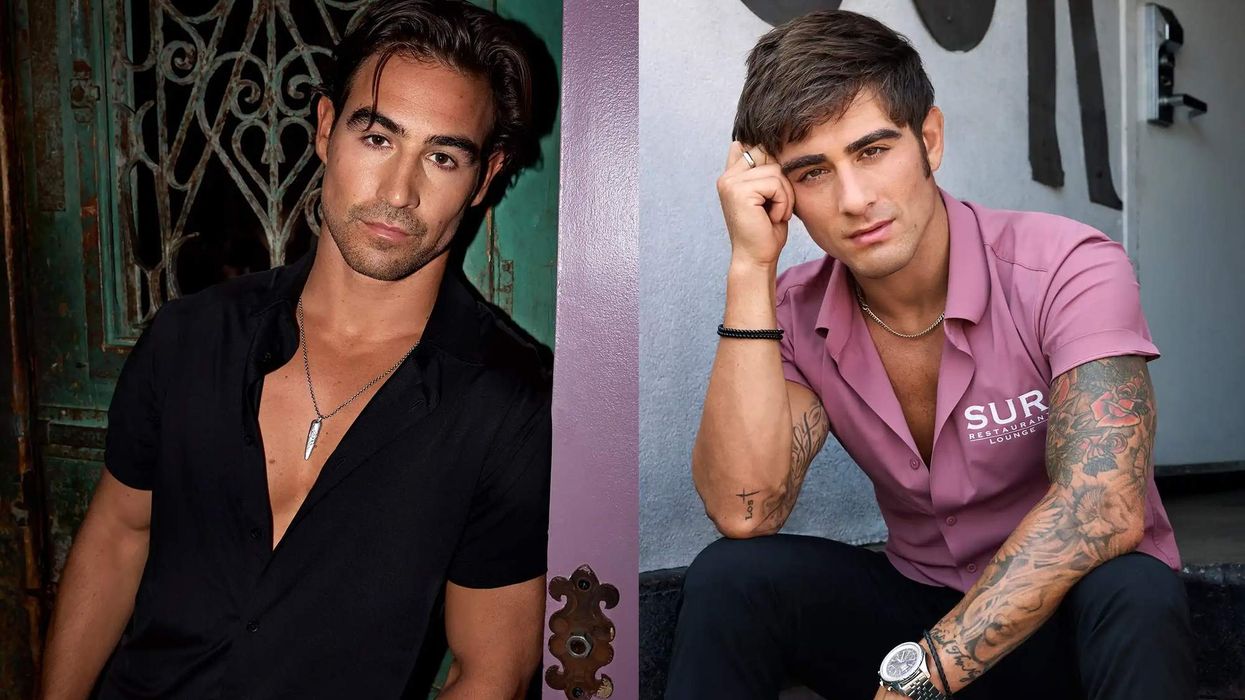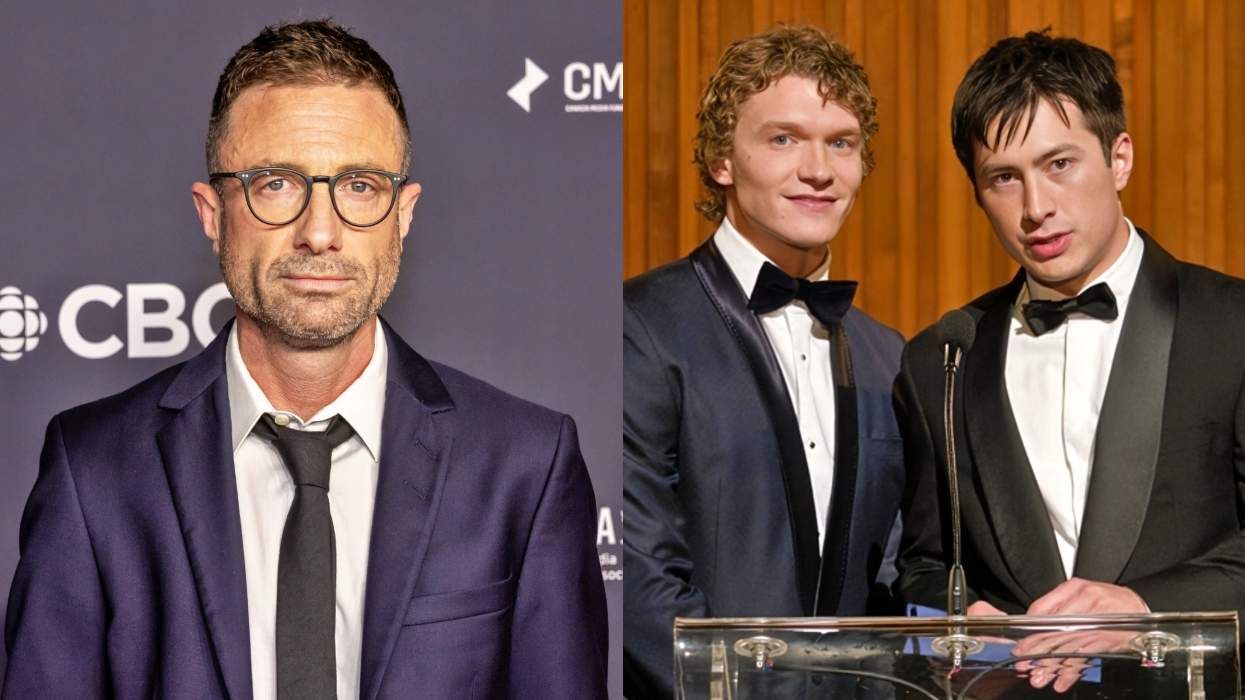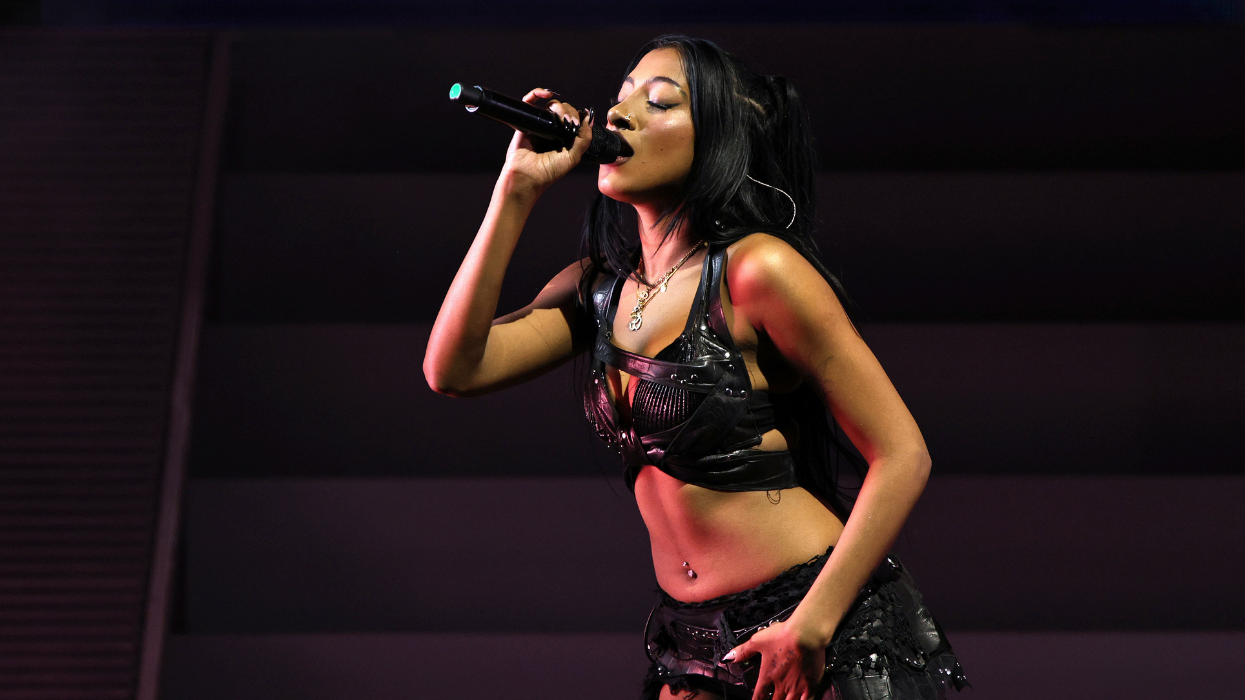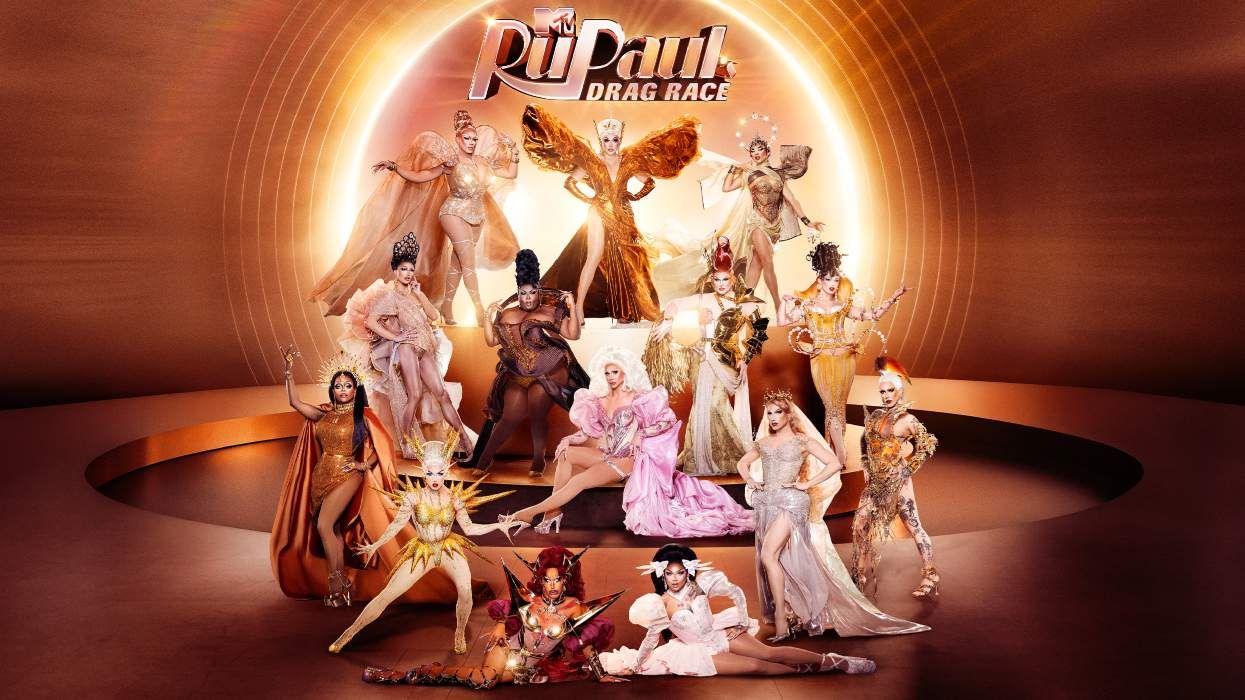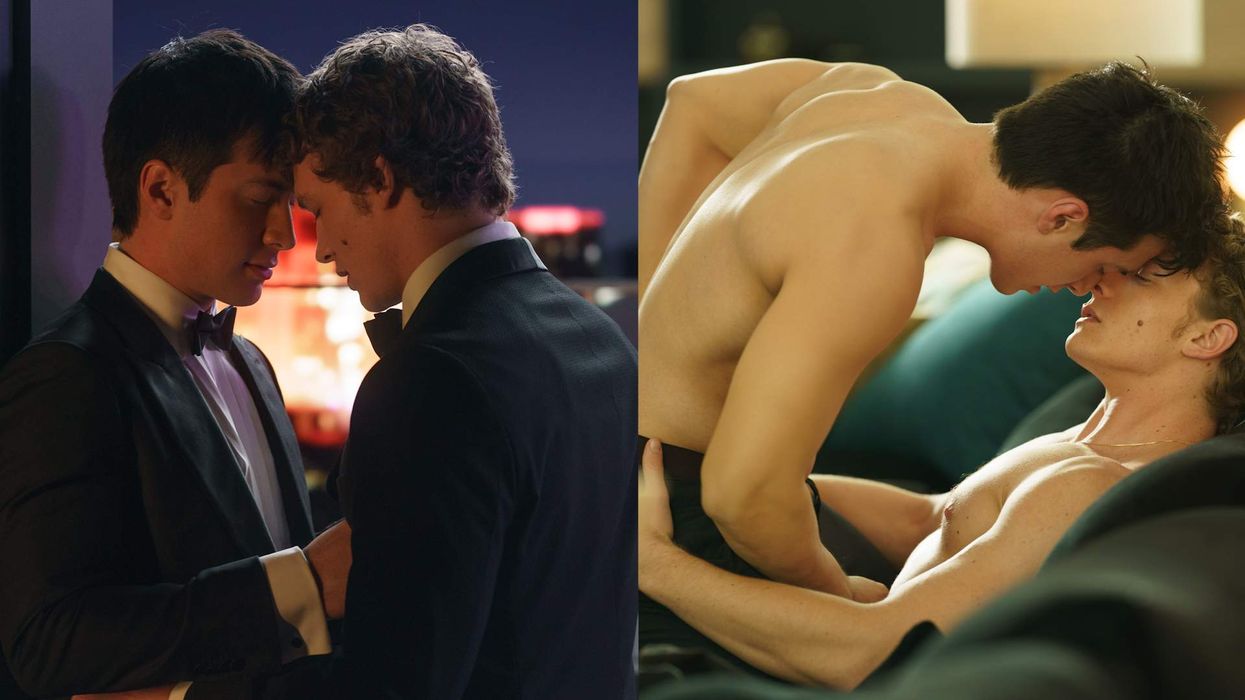Looking never really burned hot and bright, it was more of a smolder than a flame--or a flamer. Debuting to a set of high expectations and ending with a set of low ratings, the show proved divisive among gay male audiences, revealing two very distinct camps and what they hold dear and queer to their hearts. Some loved it for its honest, unwavering, and deeply affecting depiction of gay life, while some openly hated it or simply couldn't care less about it for being boring, slow, unfunny, and more than a bit of a downer. I fall into the former category, very much so, though I understand why others don't share my point of view. And because this is America, I'm-a let them finish...before I tell you why Looking is the greatest gay television show of all time.
Related | Looking: The Movie Trailer is Finally Here
First of all, nearly all of the characters--save for Doris, played by national treasure Lauren Weedman--are unlikable.
Patrick (Jonathan Groff) is whiny, basic, self-absorbed, entitled, and generally everything white gay men hate to see about themselves. Agustin (Frankie J. Alvarez), perhaps the most interesting character, is a hot mess, who literally wakes up in a gutter, cheats on his boyfriend Frank, and is generally the worst. Dom (Murray Bartlett) is a man-child who's been resting on his good looks and mustache for most of his adult life till he wakes up one day only to realize he's kind of a loser. And don't even get me started on that d-bag Kevin (Russell Tovey), who is actually the worst.
Even if his ass does deserve its own spinoff series.
Related | 7 Reasons We'll Miss Looking
It's a real motley crew of people you probably wouldn't want to be friends with if you weren't already friends with them.
And that's the thing: there are parts of all of us in these characters, and they reflect a lot of the problems gay men have with themselves and with each other. The constant quest for love, which is conflated and confused with, then ultimately sidetracked by, the quest for sex; the fragile relationship we have with our bodies and with society's expectations of us; the deep-seeded fear and pain that inform our decisions, our attractions, and our distractions; and most importantly, the friendships that act as surrogate families insulating, and sometimes preventing us from exploring, the outside world.
It was an ambitious show if only for daring to show gay men as complicated, unlikable, sad, broken, and messy: in short, as human. Humans who sometimes have sex in the woods with strangers.
Maybe it was too ambitious. Conveying the complexities of gay life is an unenviable task, but Looking was never meant to speak for, or even to, all gay men. And just because something is gay doesn't mean as a gay man you have to like it--I'm still not on board with Neil Patrick Harris or Pier One. Or, for that matter, Queer as Folk. Looking was a specific slice of life, but just like not all gay men are fabulous and wealthy Adonises endlessly partying their lives away, not all gay men are sad sacks who can't handle a mature relationship, or I don't know, not waking up in a gutter.
While Looking wasn't perfect, it was at least getting there. The first season limped along until episode five when Patrick and Richie (Raul Castillo) spend the day together, evoking creator Andrew Haigh's other great addition to the queer canon, Weekend.
That's when the show started to feel like it had a soul, something Girls still has not accomplished despite god knows how many seasons at this point.
Speaking of Girls, as its gay equivalent--at least in terms of running time--Looking fell short of Lena Dunham's once groundbreaking turned mind-numbing meditation on twenty-something womanhood. But that's not Looking's fault because Looking wasn't the gay Girls, or the gay Sex and the City, to which it was also compared. Those looking for Looking to fit into those very specific parameters were inevitably turned off by its dramatic and often dark tone because god forbid gays be anything other than comic relief.
Where Looking did succeed was in showing not so much the complexities of gay life, but the complexities of being a gay man. As my colleague and sisterfriend Nigel Smith at The Guardian notes:
By the time the second season concluded, which included the introduction of an HIV-positive character, Looking had begun to find its voice as a sexy, graceful and deftly moving series depicting a group of imperfect gay men slowly coming into their own.
It was an imperfect show that perfectly depicted imperfect gay men and so it only makes sense that it was divisive. As gay men, we're very sensitive about how we're represented in the media because for ages upon ages we've gotten the worst raps: from Cruising to The Crying Game, gay men have been either sick, suicidal, perverts, or predators, or all of the above. So we're wanting for positive depictions, but I'd like to posit that Looking was one of the most positive depictions we've ever gotten--on TV or otherwise.
Take for instance the way the series seemed to luxuriate in the tedium of its subjects' lives, showing a patience, love, and tenderness for the characters, even when they didn't show it for themselves. Patrick Agustin, and Dom's friendship was real and relatable, and as gloriously imperfect as they were. Meanwhile, Eddie (Daniel Franzese) was not only one of the few HIV-positive characters on TV, but also a highlight of the second season, as well as the catalyst for Agustin to finally start getting his shit together.
Ah, bear love--so healing.
It's a shame that Looking never got the chance that other, lesser, straighter shows have gotten, but the gays simply didn't respond in the way a show like Looking requires, which is rapturously. For a gay show to succeed it has to be a phenomenon. Imagine Ryan Murphy's Looking. Then imagine Andrew Haigh burning HBO to the ground.
The gays that loved Looking, loved it a lot because it gave us validation in our own struggles of being a gay man and relating to other gay men. The gays that didn't love it, maybe they didn't like the reflection they saw in the mirror it held up to the gay male community, which, in truth, is a very specific mirror. Had it been more fun, more fabulous, more like a traditional sitcom it might have lasted longer, but then it wouldn't have been Looking. It might've been seen, but it wouldn't have been Looking. Still, as far as gay shows go, there are few that match Looking for its poignancy, grace, and complexity.



